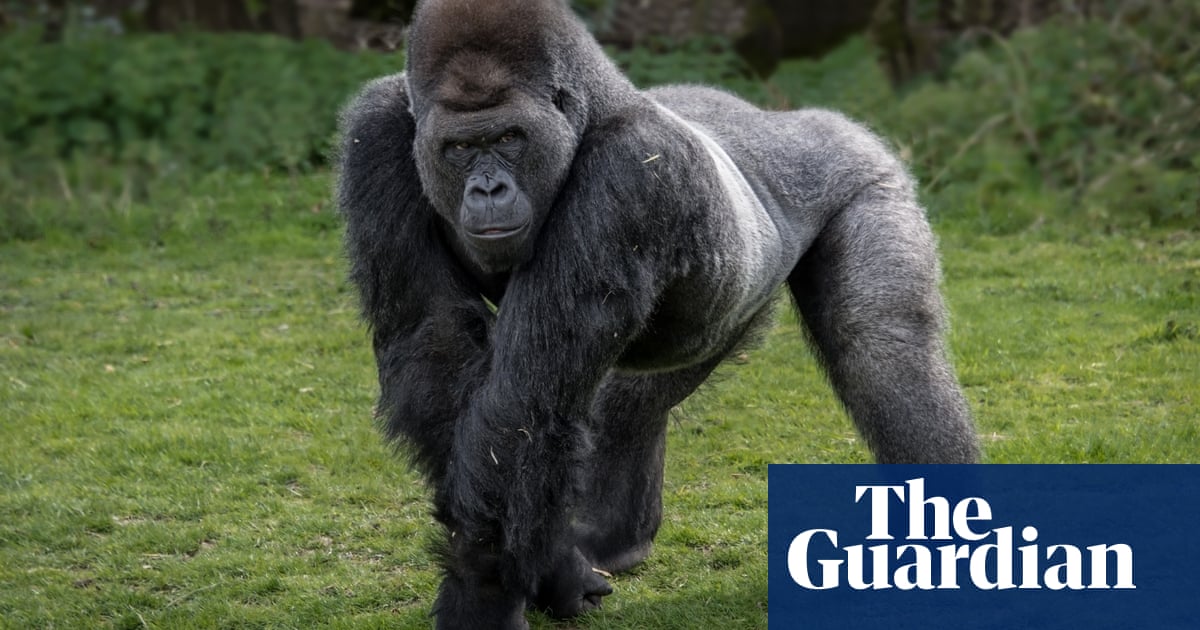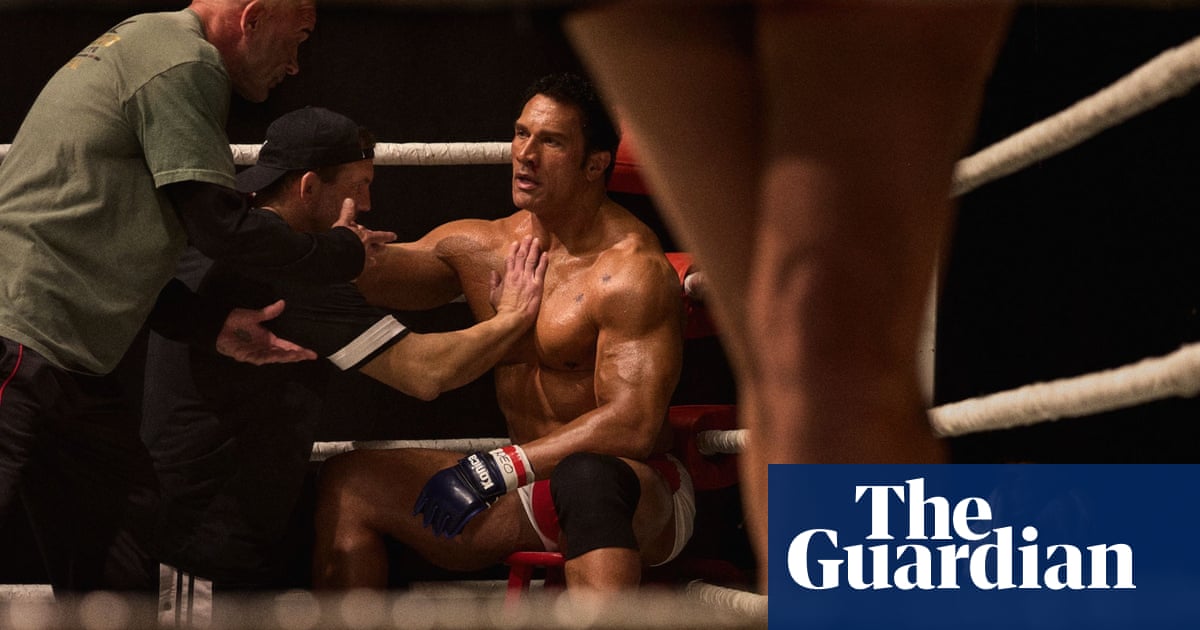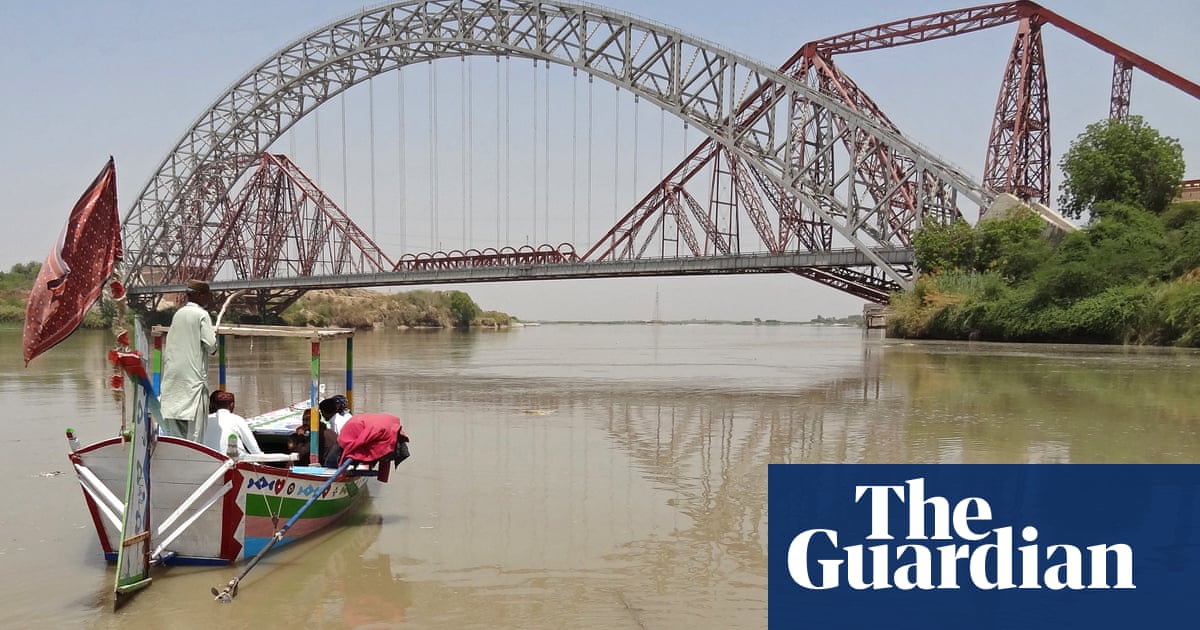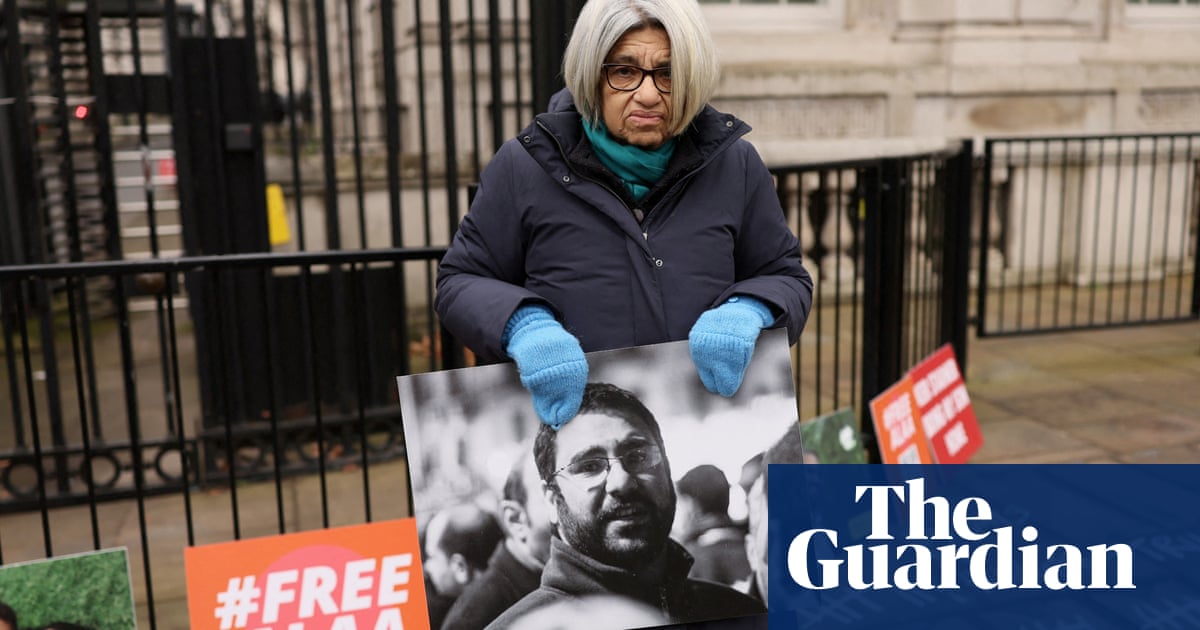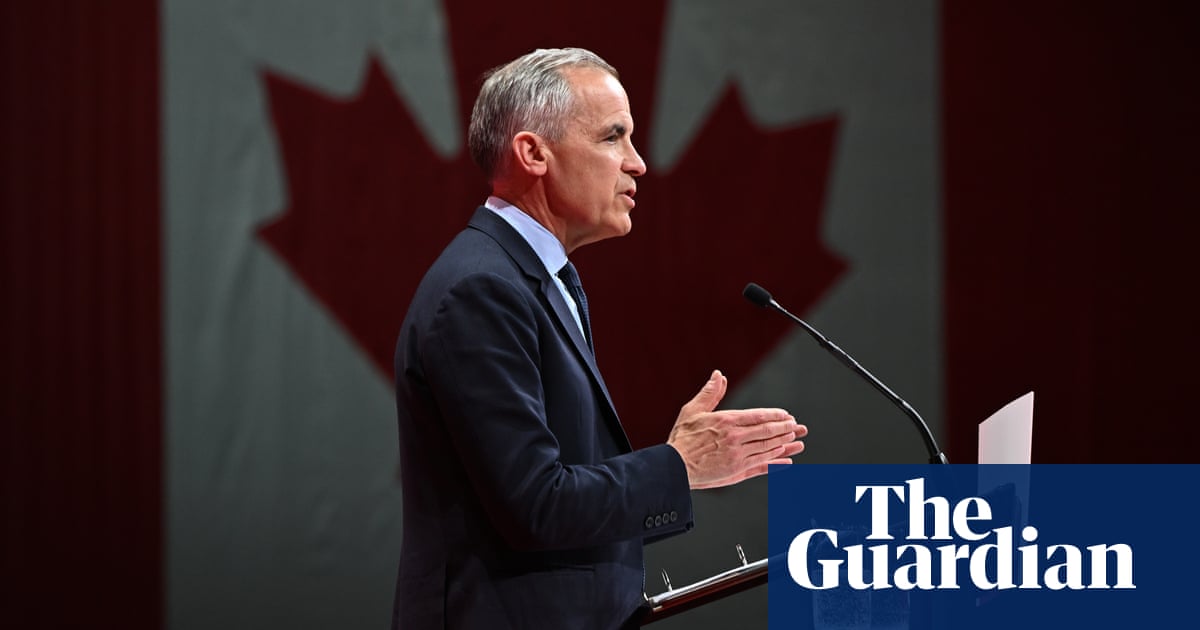There are two contrasting schools of thought after England’s grand-slam clinching win against France on Saturday. According to John Mitchell, the Red Roses’ head coach, his side’s nervy 43-42 victory was ideal preparation for the World Cup this year. Alternatively, as the former England hooker Brian Moore succinctly put it during post-match TV analysis: “If they were playing New Zealand, would they have got away with that?”
Between them Mitchell and Moore know plenty about World Cup disappointment. The former was head coach of the All Blacks side beaten in the semi-finals of the 2003 men’s tournament in Australia. Moore was part of the England team edged out by the Wallabies in the final in 1991. They have spent enough time in top-level rugby to know how abruptly best-laid plans can be foiled and that wanting something badly guarantees you zilch.
What we do know is that the narrative surrounding the Red Roses shifted slightly over the weekend. This is still transparently a very good team. Seven successive Six Nations titles do not happen by accident. The ledger shows one defeat in their past 56 games. But utterly impregnable? A sure thing? Not on Saturday’s evidence.
Yes, they still won. Yes, the cowboy hats were fun. Yes, the outstanding Zoe Aldcroft and Alex Matthews dragged them through in the end. But for anyone who was in New Zealand for the last World Cup in 2022 there were uncomfortable echoes of their fateful final defeat against the Black Ferns. England are supposed to have moved on from that crushing disappointment but, if so, they still have a way to go.
The experienced Mitchell was hired specifically to ensure this “So near and yet so far” pattern does not repeat itself. Team and coach are developing a bond and, once again, they have been blowing the other home nations away. At first glance you could make the case that, in terms of serious foreboding, there is nothing major to see here.
That view, though, does not necessarily take account of the two “p” words that still hover over this high-achieving squad. Pressure and psychology – the ability to harness the latter to cope with the former – are the Red Roses’ biggest enemies, arguably more so than any of their opponents. And when their rivals re-watch Saturday’s game they may just conclude that, far from being a procession, this year’s World Cup may yet offer opportunity.
Because beyond the second-half failure to deal with France’s direct ball-carrying and shut down the threats out wide is something more fundamental. Let’s call it the Rory McIlroy paradox. One minute you’re smashing it miles down the middle of the fairway and looking a million dollars. The next you’re freezing mentally and duffing it into the creek. When things start going wrong, wresting back control can be easier said than done.
McIlroy won the Masters, but only after a playoff having been four shots ahead with nine holes to play. He admitted he had come into the tournament with years of baggage which, at times, had been savagely difficult to deal with.

This Red Roses squad are not massively dissimilar. Enough of them were in New Zealand – or watching on TV – to know what sheer gnawing horror feels like. Imagine they had been playing in a World Cup final at the weekend and, as Moore observed, given New Zealand as many chances as they gave France? The visitors were in quixotic mood themselves, but next time they face England they will do so with less trepidation, having scored six tries and sensed their opponents’ rising panic.
The glib response is that Ellie Kildunne will hopefully be fit next time and England, who at one stage were 31-7 up, will be neither as static nor as average as they were at times in the second half. Equally, though, a degree of self doubt will now be harder to ignore. What if the biggest obstacle to the Red Roses is, ultimately, not New Zealand or France or Canada, but themselves? And what if the uneasy truth is that, under proper pressure, they remain as mortal as anybody else?
after newsletter promotion
Which brings to mind another World Cup, this time the men’s version in 2003. Then, as now, England were strong favourites. In their last game of that year’s Six Nations they went to Dublin and tore Ireland apart 42-6. That summer they flew south and beat New Zealand and Australia in successive weeks. They could not have been better placed heading into the tournament.
And what happened? They did bag the swag but, not unlike McIlroy, only after extra time. In the euphoria everyone glossed over the unthinkable alternative. As Sir Clive Woodward admitted a couple of years ago, defeat would have stalked him for life. “I don’t think I’d have turned out a very nice person. I think there would have been a bitterness I would have massively struggled to get rid of.”
This time around, for a multitude of reasons, expectations will be even higher. Never mind the outcome, the Red Roses will be expected to take women’s rugby to the masses and inspire the nation in addition to focusing on the main prize. They have it in them to do it all but the potential distractions will be huge.
Which is why the theory that Saturday’s narrow escape will enhance their chances of claiming the holy grail is only half the story. Their main rivals may be galvanised and a few inner demons have been reactivated. Suddenly the World Cup feels less of a carefree carnival and more like a tense tightrope walk. Because when everything is on the line, England still have a propensity to wobble. Never mind the cowboy hats, it’s the top two inches underneath that will really matter.
-
This is an extract taken from our weekly rugby union email, the Breakdown. To sign up, just visit this page and follow the instructions.

 7 hours ago
4
7 hours ago
4




